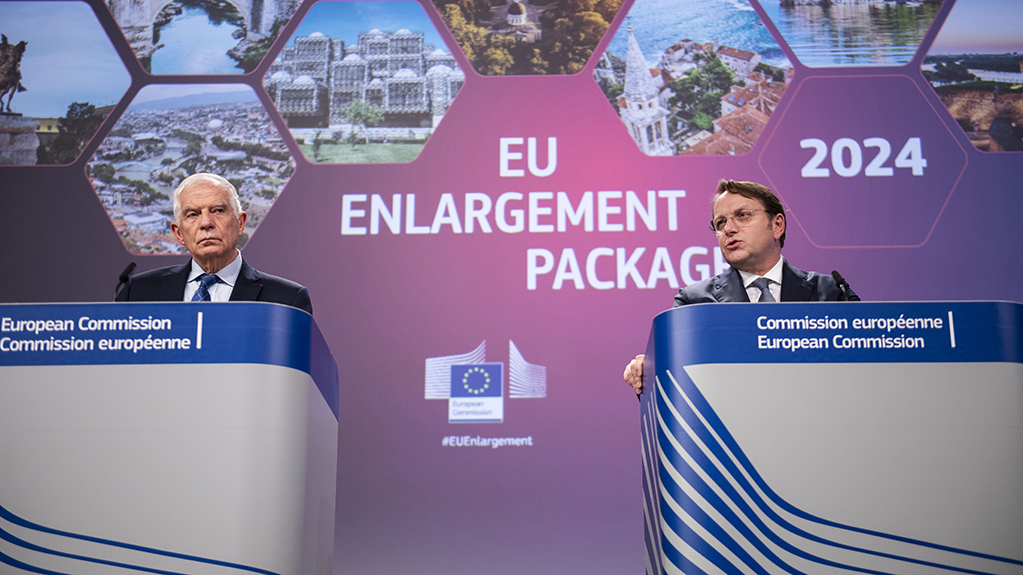Today, the European Commission adopted its annual enlargement package, evaluating the progress of 10 countries, including Georgia, on their paths toward European Union membership.
News
As per the report on Georgia, although the European Council granted the country candidate status in December 2023, its EU accession process has been effectively suspended since spring 2024 due to actions taken by the Georgian government.
The European Commission highlights that the OSCE/ODIHR international observation mission identified flaws in the parliamentary elections held on October 26. These included recent changes to electoral law, frequent violations of voting secrecy, procedural irregularities, voter intimidation, and pressure, all of which negatively impacted public confidence in the electoral process. The Commission notes that the monitoring mission's preliminary conclusions reaffirm the need for comprehensive electoral reform, already addressed in previous recommendations.
"While EU integration remains a stated policy objective, reforms and some developments over the last year were not in line with this objective and limited political attention was mobilised by the government to progress on the EU agenda. Georgia’s authorities should clarify their intentions by reversing this course of action," the report states.
The document also highlights amendments to the Tax Code, adopted by Parliament in April 2024 through accelerated procedures, which allow offshore funds to be transferred to Georgia tax-free. These amendments, the report notes, do not align with best international practices.
The Commission further points out that the Georgian Parliament enacted the Law on Transparency of Foreign Influence, despite the Venice Commission's recommendation for its full repeal.
"The law undermines the freedom of association and expression, the right to privacy, the right to participate in public affairs as well as the prohibition of discrimination. Cumbersome reporting requirements and extensive powers given to the Ministry of Justice in controlling civil society and media organizations increase the risk of selective and arbitrary application.
Incidents of intimidation, threats, and physical attacks against civil society activists, political There has been an increasing number of acts of intimidation, threats and physical assaults against civil society activists, political leaders and journalists, in particular in the context of the demonstrations against the Law on transparency of foreign influence. Most acts remain to be properly investigated. The Law on transparency of foreign influence is expected to further limit CSO operations and reduce their involvement in legislative and policymaking processes.," the report states, recommending that Georgia repeal the law in the coming year.
The document also notes that Georgia’s alignment with the European Union’s common foreign and security policy remains notably low, at just 49%.
The Commission’s recommendations issued today must now be reviewed by the European Council, which will decide the next steps in the enlargement process.















